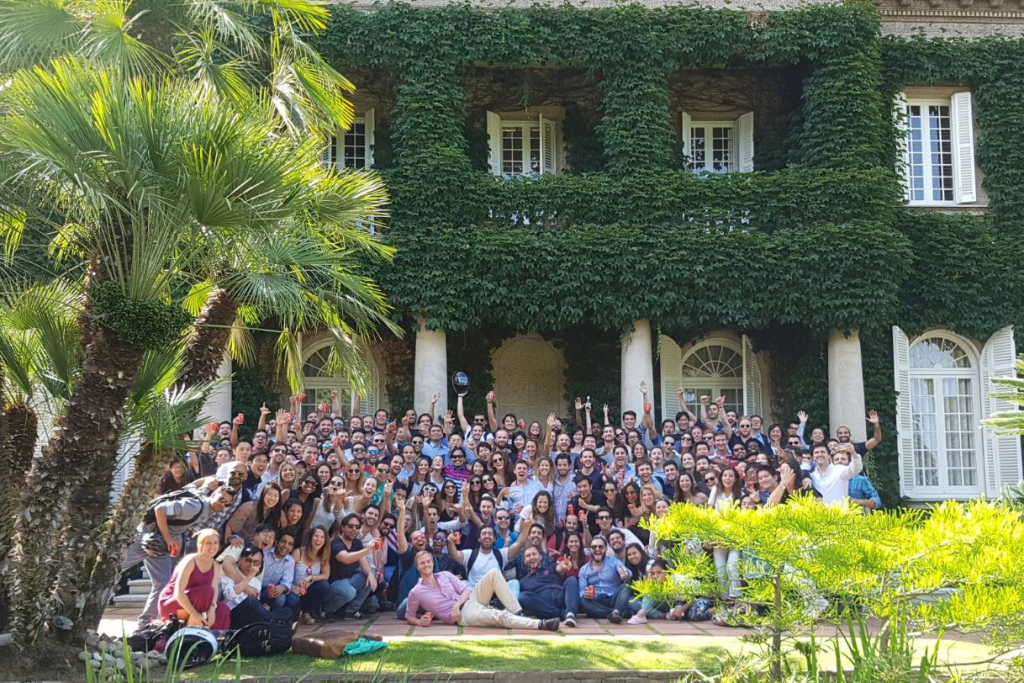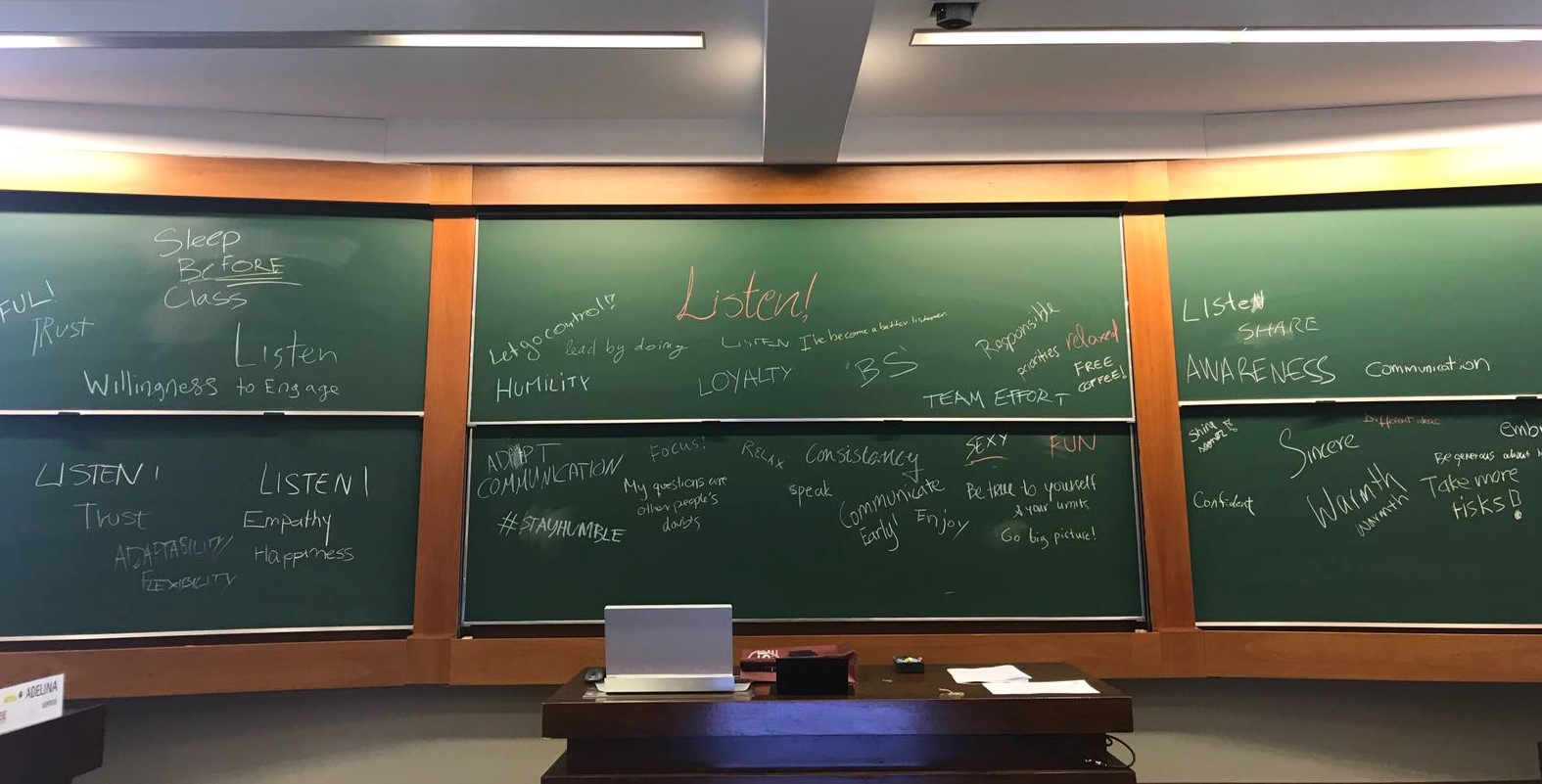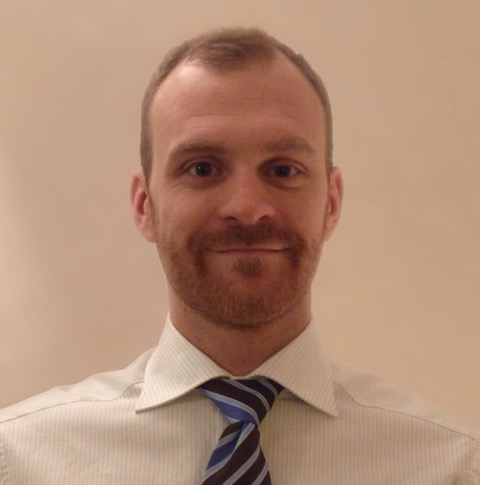I was lucky enough to spend the 19 months up to May 2018 studying in the full-time MBA program at IESE Business School. After 400+ case discussions, I should have all the technical tools I need to help lead organisations through a wide range of challenging situations. This is great, and was one of the main attractions of an MBA, but for me it is definitely not the most important learning.
Yes, I learned about entrepreneurship, operations, negotiation, decision analysis, accounting, at least five different ways to value a company, all the marketings, how to design an HR system, some programming in R and Python, dozens of frameworks for simplifying complex problems and much more. But when I look back, what matters to me most are all the ways I have grown as a person.
As a committed IESE Ambassador, I’ve been asked numerous times what I got out of the MBA. Here is my attempt to explain why and how it was such a transformative and rewarding experience, categorised into four areas: perspective, self-reflection and growth, focus, and career success factors (not MECE, sorry!)
Perspective
My pre-MBA job was based outside my home country, where I worked for several years alongside 800 engineers representing over 70 different nationalities. Before that I had completed a doctorate in a well internationalised university research department. I thought I knew a lot about the differences between people from different cultures. I was wrong!
At the start of our very first class at IESE we were introduced to the concept of ‘mental models’. Mine is different from yours, is different from everybody else’s, and it’s a function of your personality, the culture(s) you have grown up in, your knowledge, education and experiences. I didn’t immediately understand why this was so important, but over the next weeks and months of classes, team meetings and projects it became obvious.
In my MBA team with 8 classmates, there were professionals from marketing, finance, oil & gas, HR and sales (as well as engineering!) and we are from from Chile, China, Brazil, Italy, Spain, Korea, Saudi Arabia and the UK, with work experience ranging from two years to twelve years. This kind of pattern was repeated across 40+ teams over the 5 sections. The mental models concept perfectly encapsulates how we can learn and grow through respect for diversity and difference. I can still recall the exact moment during a class case discussion that this perspective on the world became crystal clear to me. I now consider this to be a genuinely important moment in my life.

Teammates for life!
Self-reflection and growth
It’s impossible to list all the situations and responsibilities which contributed to my personal growth in different ways over the 19 months: like the rest of my classmates I had many amazing, unexpected and once-in-a-lifetime experiences. What is true is that from day one I was well outside my comfort zone, and I pretty much remained there until the end of the 4th term, 16 months later. If you ask me now, this is the first principle of personal growth: get outside your comfort zone.
We probably completed and then discussed the results of 10–20 different personality “tests” during the MBA, and I spent countless hours preparing my CV and for interviews – at workshops, with Careers Services and classmates, and by myself.
Now I know a lot about the origin of my psychological reactions to different situations: why I am less comfortable around natural “networkers”, why I get stressed when the future is unknown, how I had the motivation to write this post while everyone else was out enjoying the summer, etc. On top of this, many tools were provided to reflect on our strengths and weaknesses and how to take advantage of them, in the job search and in the workplace.
The most ‘corporate’ experience of my life to date – a first round interview at Bain & Company in London – was a wonderful experience of personal growth, even as both parties discovered that we probably weren’t a good match for each other. Reflecting on that experience later triggered the realisation that really knowing what you don’t want to do with your life is probably as important as knowing what you do want to do.
Understanding myself so much more feels like I’m beginning a new chapter of my journey through life, seeing many things in a different light. It helps me both to communicate about myself with confidence and purpose and also to position myself clearly with respect to my career ambitions.
Focus
I’ve never been as busy as I was for those first four terms and 16 months. I could have probably filled seven 36 hour days each week — 24 hours definitely wasn’t enough for all the classes, case preparation, project work, team meetings, club activities, organising of treks and seminars, job searching, Spanish lessons, eating, socialising, AND sleeping! In those stressed conditions it’s impossible not to form very strong bonds with your classmates, especially during 1st year.
Through this you also learn some of the skills essential for leaders of high-performance organisations:
- Ruthlessly efficient multi-tasking: switching attention from task to task from morning till night
- True delegation: completely surrendering responsibility for a task to a teammate
- Focus: there is no way to come through all that and still be inclined to laziness
- Prioritisation: when time is short and you have so many options, you have to make hard choices about what to do and what not to do
- Flexibility: combining all of the above and not going crazy requires accepting that you can’t control everything, so you better learn to go with the flow…!

An amazing learning experience for all the IESE MBAs!
Career success factors
In the end, the return on the investment in an MBA needs to be judged based on the extra value it brings in the professional sphere. With the perspective of a few months back in the world of work, I think that this value comes from two principal sources. The first is what you might call system-level thinking. The second is the strong network of people who would only be too happy to help you however they can.
System-level thinking is the ability to see a business problem for what it is: not an isolated issue, but a function of misalignment or imperfections in a set of interacting (sub-)systems. The consequence of understanding this is that it is far easier to identify the root cause and then design solutions, not for the problem in isolation, but for the root itself. The general management perspective of the IESE MBA gives the exposure and tools required to generate these kind of insights. This skill can be a strong differentiator for an MBA.
I also learned the truth behind building a powerful professional network. This is nothing to do with forcing yourself on people at mixer events in the desperate hope they will spontaneously offer you the job or promotion you always dreamed of. It’s more about being genuinely interested in the journey and experiences of the people you meet, willing to help if it’s needed, and being someone who can be trusted to deliver on promises. If you can do this, you can build a strong network without resorting to forced “networking”. And then you can use your network to help the people in it get things done, creating value without being exploitative and also creating the best conditions to get some help if you need it.
Gratitude and humility are just as important for success in life as anything you can learn at business school, and as is probably obvious above, all this learning happened through many rewarding and inspiring interactions with wonderful and inspiring people: teammates, classmates, professors and staff at IESE, guest speakers, company representatives, and most importantly, partner, family, and friends with their love and support.
To each one of you, and from my heart, THANK YOU.
Pursue your dream MBA! Take these next steps today:








Great article Richard!
Just magnificent Richard a very insightful view of your MBA.
So wonderfully put Richard! Very insightful, honest and humbling! Thanks for taking the effort to write this and share with everyone!
I have read your post. Its a very good post
Great article Richard! Its a very good post
very well compiled post Richard, Thanks for sharing such a great insight of your MBA
Thanks for sharing such a great insight! Full of wisdom and perspectives less discussed about MBAs.